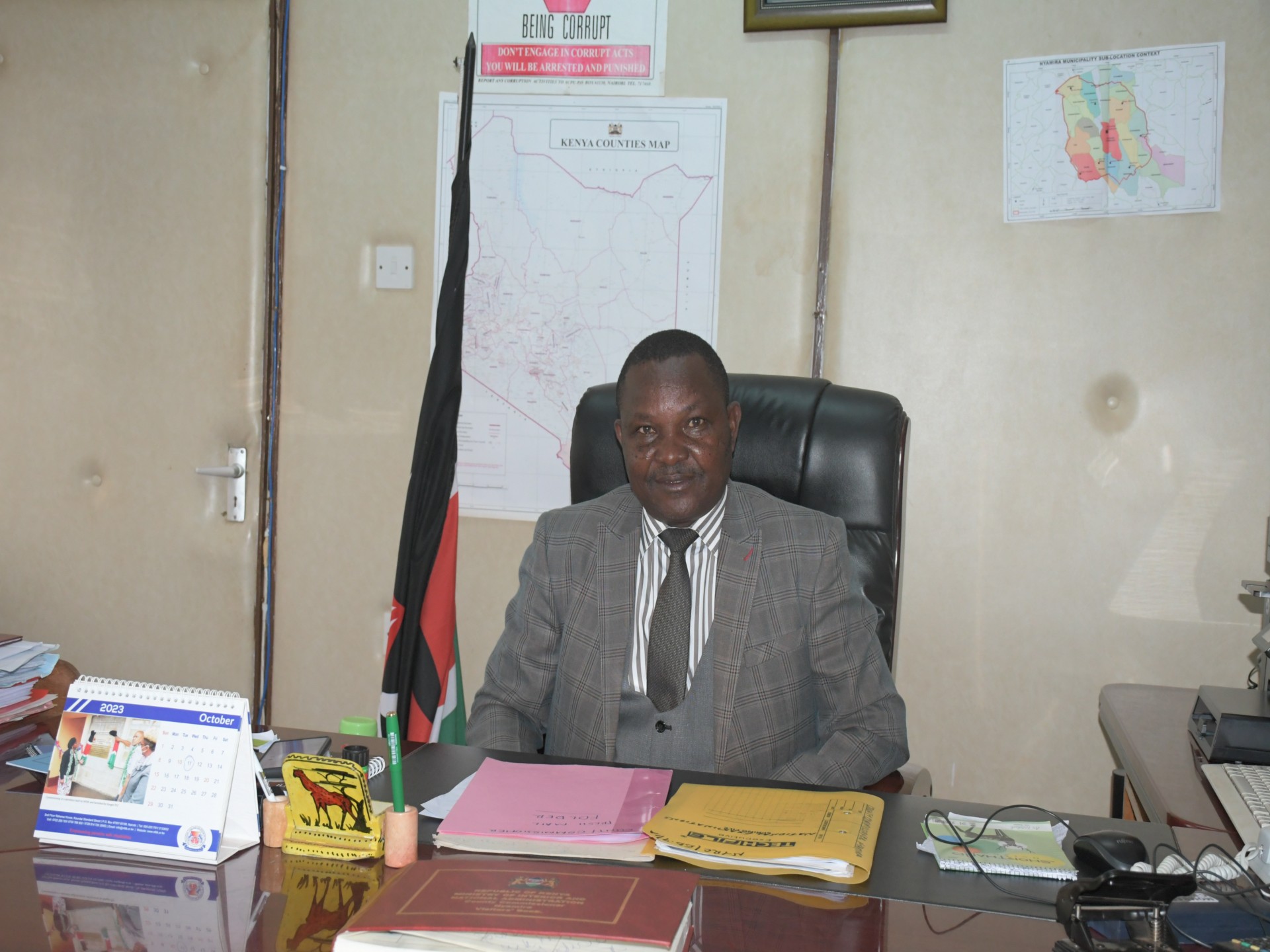Learners who this year will be in primary school Grade 6 under the 2-6-6-3 CBC and those in Standard 8 of the 8-4-4 education system will concurrently transition to Junior Secondary Grade 7 and Form 1, respectively.
For effectiveness of transition from primary to secondary education of the CBC and 8-4-4 cohorts and domiciling of Junior Secondary School in the Basic Education structure, a lot has to be put in place that will influence the double transitions needed.
With this anticipated transition of grade 6 to junior secondary school under the Competency-Based Curriculum (CBC) in the country next year January 2023, Kiambu Sub- county Education Department, will be training over 90 teachers from 15 schools.
Speaking to KNA, Justus Musyoki, the Curriculum Support Officer for Kiambu Sub-county, said the four-day CBC training, which kicked-off yesterday and will run through to Thursday 12th at St. Peters High School in Ndumberi, is envisioned to equip teachers with the necessary knowledge, as a way of preparing them for the junior secondary school learners.
“The essence of this four-day training, is to empower and enrich six teachers per school with required knowledge about the CBC system, values to inculcate into the learners studying process and skills, to ease the progression of handling the awaited learners,” said Musyoki.
One of the trainers, Michael Mbugua, during one of the sessions, challenged teachers onboard to be more aware of the learners’ characteristics, as most of them will be between 12 to 14 years, mostly transitioning physically at puberty stage, mentally and focused on their own value systems.
“This age group should be handled carefully with respective teachers throughout their learning process while also mainstreaming Pertinent Contemporary Issues (PCIs) within the sessions to help mold learners to be all-round members of the society,” he said.
Some of these PCIs, Mbugua explained include HIV/AIDs, drugs and drug abuse, life skills, human sexuality, socio-economic issues, community service responsibility, guiding and counselling and non-formal education which consists of clubs and societies which are all crucial to enable learners be more knowledgeable.
Major shifts will also be actualized by the CBC through formative assessment and as learning takes place, testing individual competencies and collaboration for learners will be key as opposed to competition.
Caroline Okhala, one of the facilitators of the training urged the teachers to also have the mind shift that will enable them execute the learning areas as required.
“At the end of this training session, we are hopeful that all these teachers trained will be well informed about the CBC and Competency-Based Assessment framework and its respective execution guidelines as these are efforts to bridge the disconnect between learners, graduates and the necessary requisite skills in the job market while also training them on how to serve in their own communities through the community service learning,” Okhala shared.
As per the Kenya Institute of Curriculum Development, learners joining the junior secondary which is Grade 7, will all be required to take up 12 mandatory subjects, with one optional subject before they transition to Upper Secondary.
The Competency Based Curriculum under the 2-6-3-3 system of education in Kenya was unveiled in 2017 to replace the 8-4-4 system.
The CBC is geared towards learning based on the needs and potential of individual learners under a flexible framework and parameters that move and shift according to the learners’ demands.

